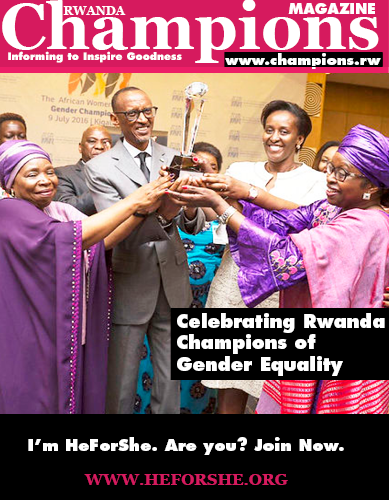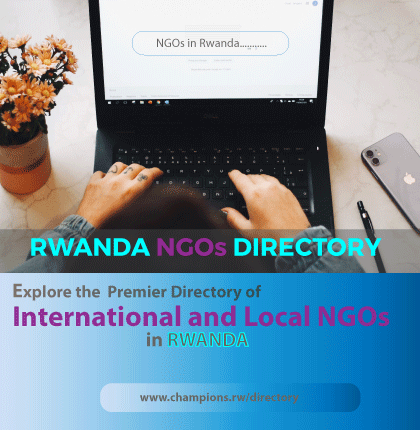UN Women Rwanda launches $6.3 million plan to boost women’s empowerment
UN Women Rwanda has launched a new four-year strategic plan that will require about $6.3 million to expand programs (…)

Two hundred women from Gasabo and Rwamagana districts have graduated from a life-changing program aimed at promoting clean cooking technologies and financial literacy, marking a major step forward for women’s empowerment in Rwanda’s urban communities.
The women are the latest beneficiaries of the Financial Inclusion for Clean Cooking Access in Rwanda and Sierra Leone (FICCARS) program, a three-year initiative that connects women to cleaner, safer cooking options and the financial tools needed to grow their incomes.
“For years, cooking meant smoke, time lost, and no savings,” said Uwizeyimana Marie, a graduate from Gasabo. “Thanks to the training, I now manage my finances, my restaurant is growing, and I can take better care of my family.”
Since its launch in 2022, FICCARS has trained more than 2,000 women in basic financial literacy and clean cooking. Of those, 200 women received intensive mentorship to help start or grow small businesses, many linked to the clean cooking value chain.
The program is implemented by Jersey Overseas Aid, in partnership with Mercy Corps Energy for Impact and Empower Rwanda. It targets low-income urban communities where women face daily challenges such as lack of access to credit and exposure to harmful cooking smoke.
“This phased approach ensures no one is left behind,” said Molly Raichenah, deputy project manager for FICCARS. “Women build savings groups, gain confidence, and access the tools they need to thrive.”
Savings groups are a key feature of the program, allowing women to pool money, invest in clean energy, and support each other’s progress. These community models have also strengthened support networks beyond the training.
“This makes clean cooking more accessible and sustainable,” said Raichenah.
Local officials have applauded the impact. Domina Ntakabanoza, an officer with the Joint Action Development Forum in Gasabo, noted the program’s role in creating entrepreneurs and easing domestic burdens.
“It improves health, saves time, and boosts household incomes,” she said.
For Giraneza Zuwena from Gisozi Sector, the transformation was personal. “Before, I didn’t know how to save or grow my business,” she said. “Now, my income is rising, and I can better support my children.”
Beyond individual success stories, FICCARS addresses wider issues of gender equality, health, and environmental sustainability. In Rwanda, heavy reliance on firewood and charcoal fuels deforestation and health risks for women and children.
By introducing affordable clean stoves and connecting women to financial services, the program helps build lasting resilience. It also works with microfinance institutions to tailor credit products for low-income women and partners with clean energy companies to expand distribution.
To date, FICCARS has trained over 1,200 women and identified key beneficiary groups: those who can purchase clean stoves with credit, those needing awareness and support, and those requiring deeper training due to low income or literacy.
“We tailor our approach based on real community feedback,” said Peace Mbabazi, project manager at Empower Rwanda.
The program also engages men and youth in community dialogues to promote long-term gender equality.
“This is about changing mindsets as much as changing stoves,” said Sarah Mukantanganda, Empower Rwanda’s gender and inclusion specialist.
By August 2025, FICCARS aims to reach 8,000 women, train 2,000 in income-generating skills, create 600 jobs in the clean cooking sector, and mentor 400 women entrepreneurs.
As local leaders joined the graduation ceremony, they celebrated not just the women’s achievements, but the ripple effects spreading through homes, neighborhoods, and communities.
“This is about dignity, opportunity, and equity,” Raichenah said. “And we’re just getting started.”
UN Women Rwanda has launched a new four-year strategic plan that will require about $6.3 million to expand programs (…)
UN Women Rwanda has launched a new four-year strategic plan that will require about $6.3 million to expand programs (…)
African women leaders are calling for greater solidarity and collaboration to help more women attain leadership (…)
Women for Women International (WfWI) has appointed Nigerian development expert Thelma Ekiyor as its new global chief (…)

